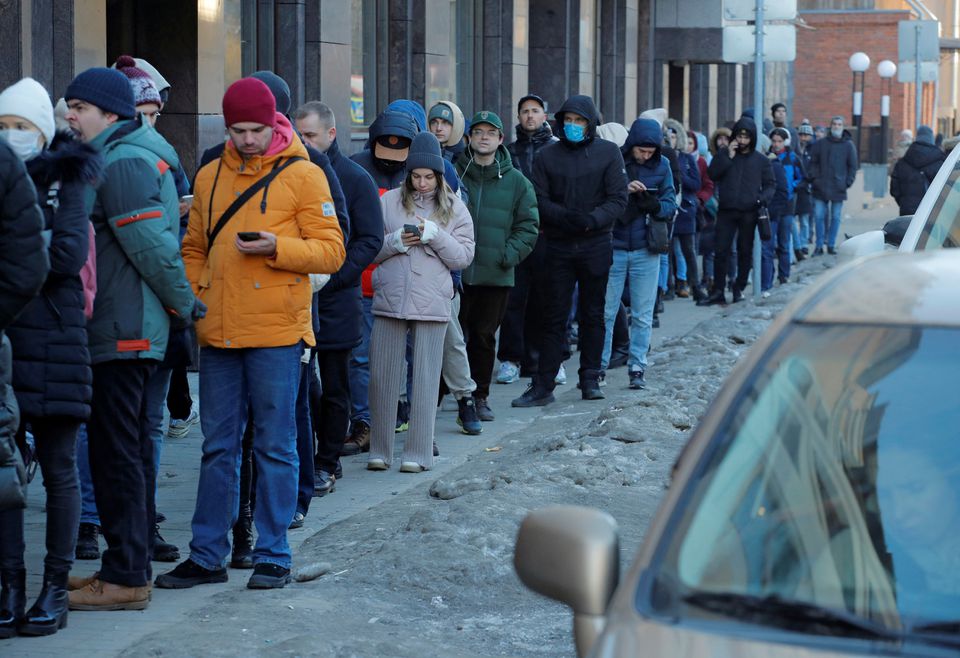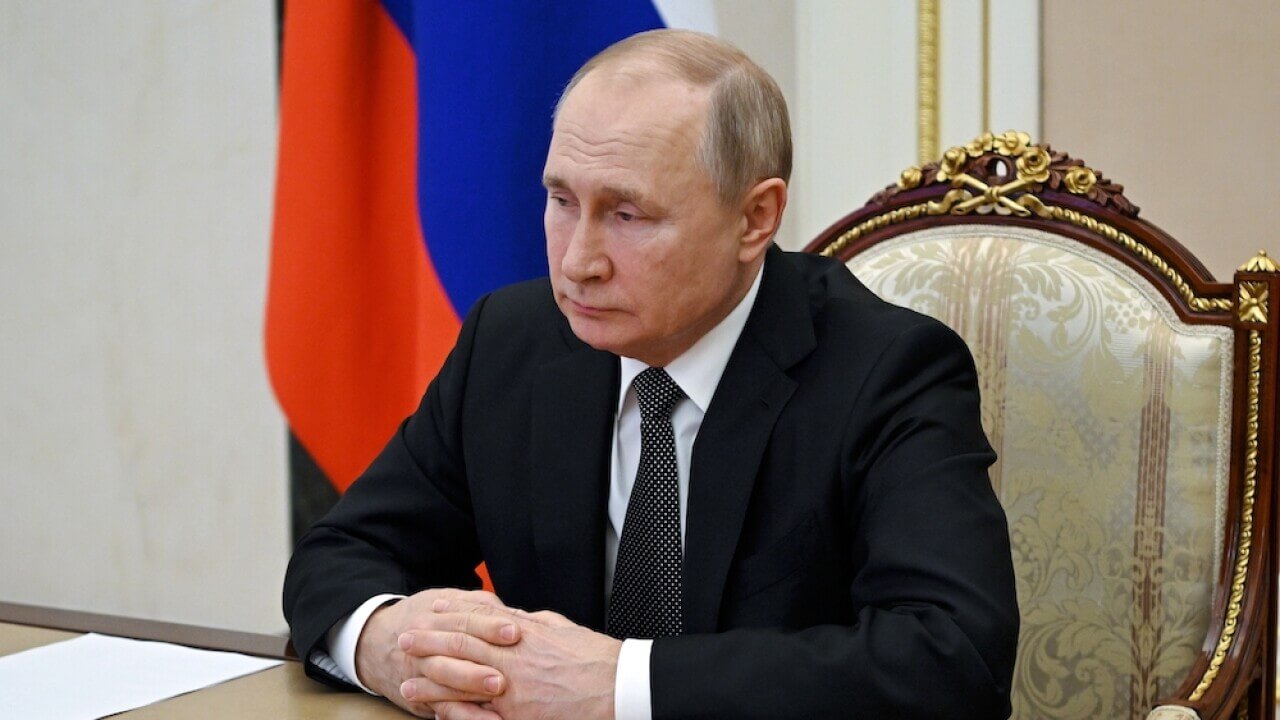On Monday, in retaliation to the growing list of Western sanctions against Russia, President Vladimir Putin ordered the Russian Federal Agency for Air Transport (Rosaviatsiya) to close the country’s airspace to 36 countries, most of which are European.
In a revised list, Russia restricted its airspace to 27 more countries, including Germany, Spain, Italy, France, and Canada. A similar ban was already in place against 11 countries—including Latvia, Estonia, Lithuania, Romania, and Poland—that are in Russia’s immediate vicinity. In a statement, the Kremlin stated the “retaliation measure” is in line with international law, underscoring that airlines may operate in Russia under special authorisation.
Russia has banned flights from 36 countries from using its airspace in apparent retaliation for sanctions over its invasion of Ukraine, sending flights on costly detours and airline shares tumbling.
— TRT World (@trtworld) February 28, 2022
A look at who will be affected 👇 pic.twitter.com/VL48YfdhyW
Separately on Monday, Putin held a meeting with his top government officials to address the economic impact of the new wave of Western sanctions. He also called the Western community an “empire of lies,” a phrase that Putin claims is incorrectly assigned to his regime by American politicians and media.
The Russian leader also signed a decree on special economic measures that restrict Russian citizens from transferring money abroad and require Russian exporters to hold 80% of their revenue in the rouble amid a sharp devaluation of the national currency. Furthermore, the Central Bank also blocked foreigners from selling their stakes in Russian companies.
Vladimir Putin and the ruble rate, a 22-year history. pic.twitter.com/ng1ZTHqZcI
— max seddon (@maxseddon) February 28, 2022
Kremlin spokesperson Dmitry Peskov claimed that Moscow is ready to implement more such measures to shield itself from the devasting economic impact of Western sanctions. Peskov added that Russia “has the necessary potential to compensate for the damage,” claiming that Moscow has been “systemically preparing” ways to deal with such major sanctions for a long time.

On Sunday, the European Union (EU) decided to shut down its airspace to Russian planes. European Commission President Ursula von der Leyen said the ban applies to all “Russian-owned, Russian registered, or Russian-controlled” aircraft. Additionally, the EU banned Russian state-owned media outlets Russia Today and Sputnik in order to curb Putin’s disinformation campaign.
Russian ruble per US Dollar
— The Spectator Index (@spectatorindex) February 28, 2022
Ten years ago: 29.3
Five years ago: 58.2
Two years ago: 66.8
One year ago: 74.2
Now: 105.1
On Monday, a senior Biden administration official confirmed that the US and its Allies are imposing sanctions on the Russian Central Bank, particularly targeting Moscow’s $630 billion in foreign reserves. Washington also blocked the Russian Direct Investment Fund, hindering Moscow’s access to a large portion of its wealth. The official emphasised that the US wants to “make sure that the Russian economy goes backwards” for Putin’s “unprovoked” invasion of Ukraine.
In a similar vein, Canada announced an import ban on Russian crude oil. Canada’s Energy Regulator said Ottawa has not imported Russian oil since 2019, adding that the recent ban will put into place stricter limitations on Russian oil imports and that the government will look to ban other Russia-related petroleum products.

